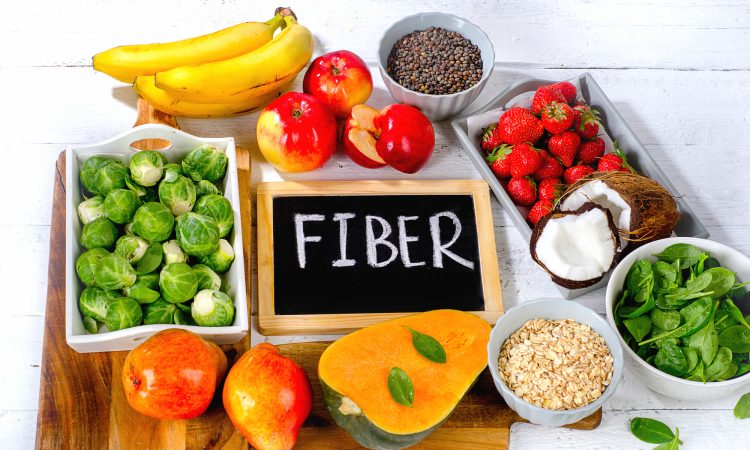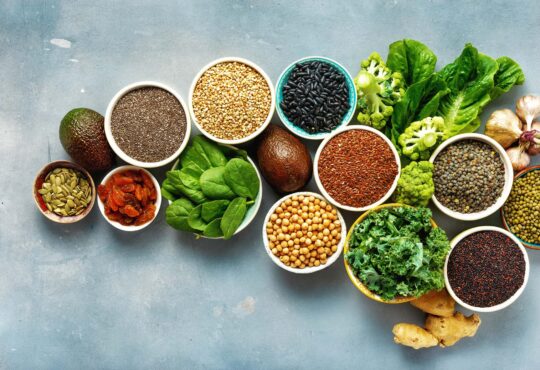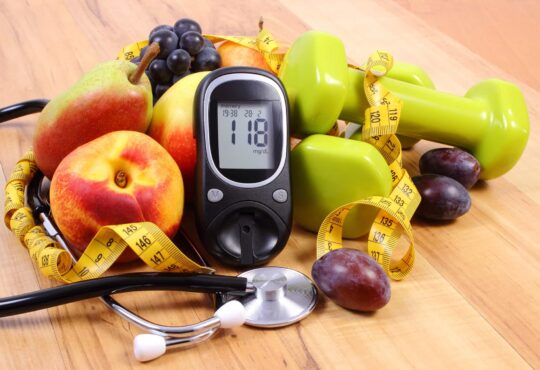What Hydrogen Has to Do With Healthy Gut Microbes and Reducing Inflammation

The latest health fad among the Hollywood elite, Silicon Valley, sports and biohackers is drinking hydrogen water.
But you don’t need to pay from $6,700 to $10,000 for a home hydrogen water system.
Or around $80 a month for tablets.
Or $3+ for a can of it.
(I took those figures from just one prominent hydrogen water company’s website. Other companies in the space may charge more or less.)
In fact, if you’re eating large amounts of a certain kind of food, you’ll generate your OWN supply of hydrogen – naturally.
But first, let’s back up.
What is Hydrogen Water, and Why
Should You Want More Hydrogen in Your Body?
If you remember your Periodic Table of the Elements from school, hydrogen comes first. It’s the lightest (and most common) element in the universe, consisting of just one proton and one electron.
By itself, hydrogen atoms come together in groups of two – H2 – to form the smallest molecule in the universe. H2 is an odorless, colorless, tasteless gas.
And hydrogen is essential for life because it combines with carbon, oxygen, nitrogen and other elements. Most obviously, we need it joined with one atom of oxygen to create H20 – water.
Advocates for hydrogen water claim that inside our bodies, H2 acts as a powerful antioxidant. Because it’s so small, H2 can go into our cells and our brain where ordinary antioxidants cannot. Therefore, it reduces free radical activity and lowers inflammation. It also down-regulates the expression of over 1,000 unfavorable genes.
People taking hydrogen water report having higher amounts of energy, suffering less from stress and chronic pain – and experiencing a reduction in long-term symptoms.
There are over 1,000 studies that seem to support these claims, but they’re mostly on animals – and small human trials. Many experts believe hydrogen water is much more hype than healthy.
We Don’t Actually Know Yet Whether Hydrogen Does Improve Our Health
There are a lot of interesting stories and impressive testimonials, but you can find somebody to praise even the worst health scams.
However, the potential looks exciting, so let’s assume hydrogen is as good as its supporters claim. After all, increasing the hydrogen in your body can’t hurt you. At the worst, it just diffuses out or forms water.
If H2 is Such an Effective Antioxidant and Anti-inflammatory, How Do We Get More of It?
Tyler LeBaron is the Executive Director of the Hydrogen Molecular Institute, a nonprofit organization. He comes across as highly intelligent and credible and is the person promoting hydrogen water on many health podcasts.
In his interview with Dr. Mercola, they let slip what I consider a “bombshell.” At 27:37, Dr. Mercola reveals, “We actually make hydrogen gas.”
Or, as he immediately clarifies, “Our gut bacteria make the gas.”
LeBaron goes on to say our gut bacteria produce ten or more liters a day of hydrogen gas.
LeBaron and Dr. Mercola go on without addressing that, but I immediately wondered:
If Our Gut Bacteria Produce so Much Hydrogen Gas, Why Buy Hydrogen Water?
Closely related to that, I wondered where the figure of “ten liters” came from. Some researchers must have measured the hydrogen gas produced by the gut bacteria of some volunteers.
Chances are, those study participants were average people with average gut bacteria.
Yet we know average Americans have low levels of gut bacteria, especially the beneficial species.
How much hydrogen gas would your gut bacteria produce if you had trillions more of them?
And how do you encourage the growth of more beneficial gut bacteria? You feed them.
They eat fiber.
What if One of the Many Health Benefits of Having a Beneficial Microbiome and Eating Lots of Fiber is the Hydrogen the Bacteria Produce?
Tyler LeBaron must have been reading my thoughts. In the interview, he goes on to tell about a study that found the sole benefit of eating fiber was the hydrogen produced by intestinal bacteria – in rats.
Dr. Mercola even gave an example of how a non-digestible sugar that feeds intestinal bacteria is used as a medicine to treat people with brain damage.
So, Why Pay for Hydrogen Water?
Why not just eat more fiber to encourage the growth of more beneficial gut bacteria?
Just a few decades ago, the idea of trillions of bacteria growing in our intestines seemed revolting. But medical research continues to find many ways a healthy, symbiotic relationship with them benefits us.
They make some of the vitamins we need. They enhance our immune systems.
And they’re connected with the production of important brain neurotransmitters, including serotonin. That means it’s quite possible poor gut health is contributing to the huge amounts of depression in the United States today.
And all that’s in addition to the most obvious benefit of having a healthy microbiome in your intestines – good digestion.
Many experts advise people to eat fermented foods, and that can help, but just eating foods rich in fiber encourages the growth of good bacteria.
And the reverse is true. Foods without fiber, such as refined carbs and sugars, encourage the growth of unhealthy bacteria.
https://www.ncbi.nlm.nih.gov/pmc/articles/PMC4425030/
Besides, as great as fiber is for feeding beneficial intestinal bacteria, it has many other benefits.
It allows your liver to eliminate toxins.
It lowers cholesterol and helps to control blood sugar.
Despite its many known benefits, it’s estimated 97% of Americans do not eat the daily recommended amounts of fiber (25 grams for women, 38 grams for men).
For perspective: the latest research on how Paleolithic people ate shows they normally consumed around 100 grams of fiber a day.
What foods contain the most fiber? I used to assume everybody knew that, but John Robbins (son of Baskin-Robbins co-founder and founder of Whole Foods) says most Americans believe steak has fiber.
Fiber comes from minimally processed plant foods: whole grains, fruit, vegetables, seeds, and nuts.
Processed plant foods such as sugar and refined grains have little to no fiber.
Animal foods have no fiber: meat, fish, dairy, and eggs.
If we went back to eating 100 grams of fiber every day, would we need to buy tablets to add hydrogen gas to water?
I don’t have any final answers. If you want to pay $80 a month to drink hydrogen water, that may well improve your health.
However, it’s clear the most effective (and cheapest) way to increase the hydrogen gas in your body is simply to eat more plant foods.
Then you’ll enjoy all the health and anti-aging benefits of eating lots of fiber and having a beneficial microbiome as well as getting lots of H2 to all your cells.







